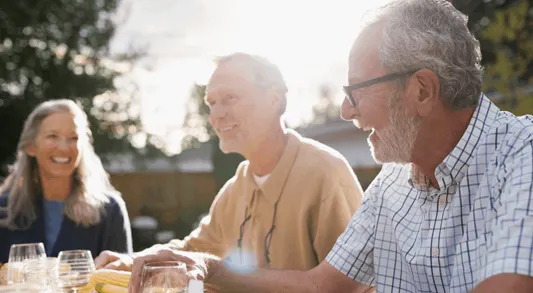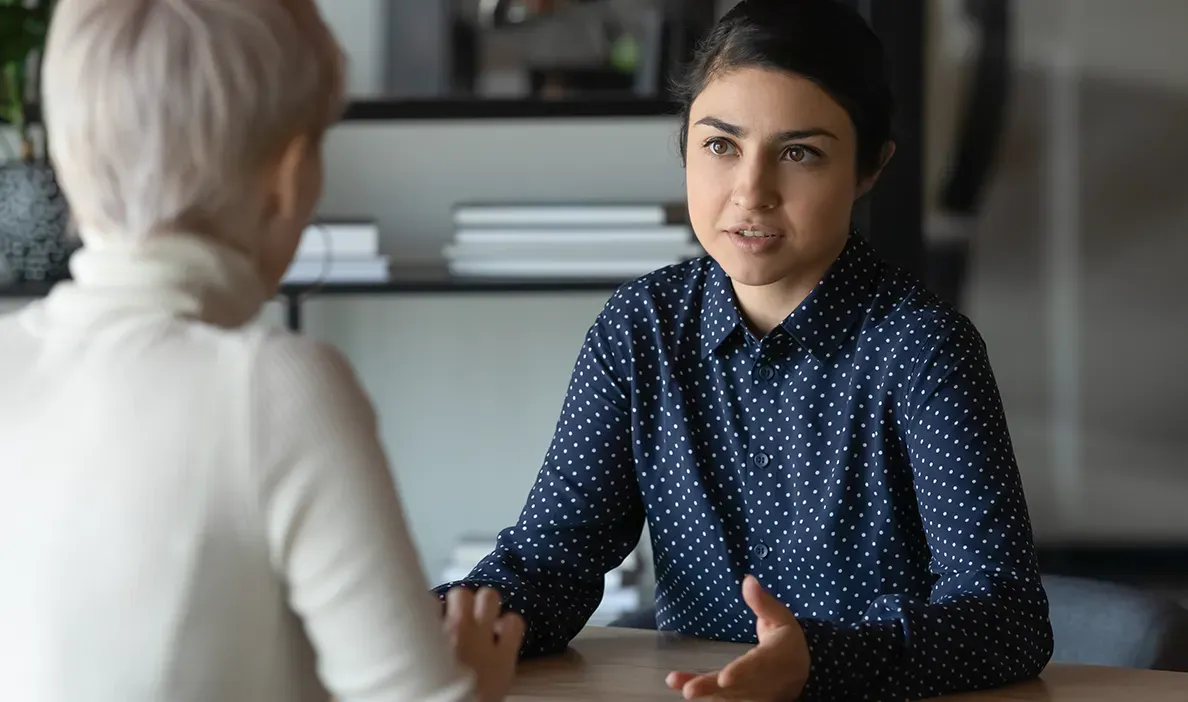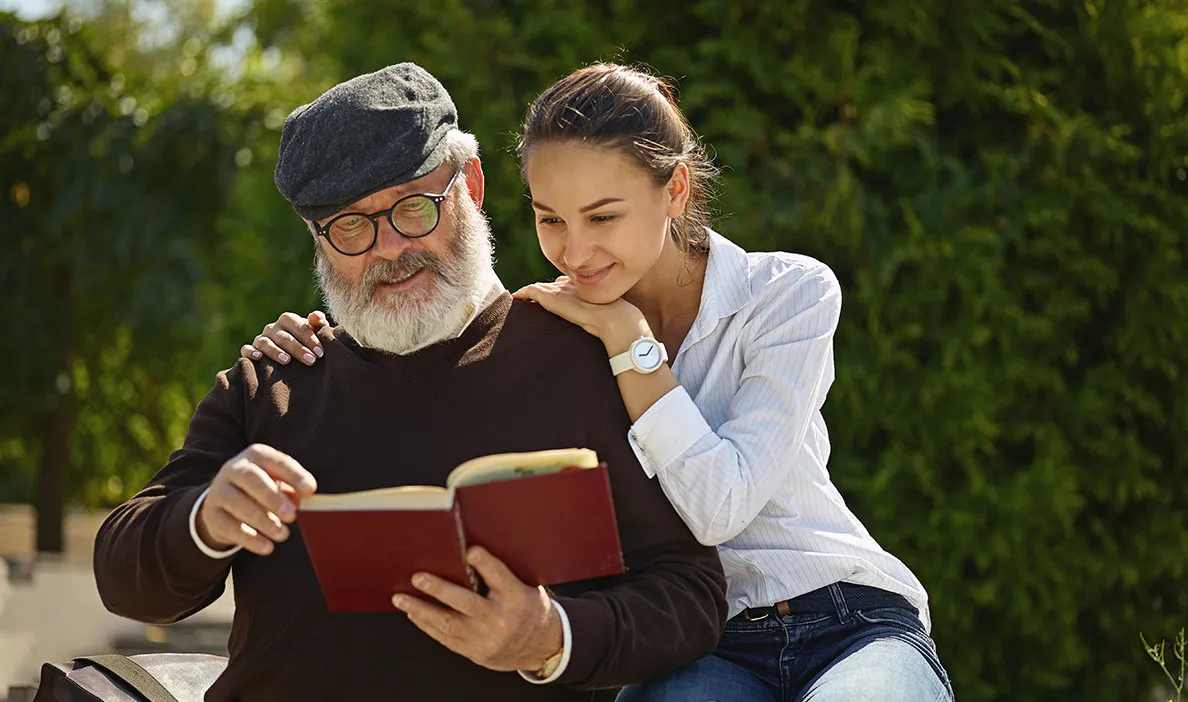Click here to read Part 1 of Tim's story. Read on for Part 2
Steve’s legacy
Watching my brother-in-law, Steve, face cancer with such strength, vulnerability, and grace has altered how I see the world. His journey wasn’t just about illness—it was perhaps a lesson to us all in courage, connection, and the power of presence.
It made me realise how fragile life is, and how often we take time for granted. He taught me—without ever saying it outright—that life isn’t necessarily about grand gestures but more about showing up, consistently even in the smallest moments.
Seeing the way he embraced each day, how he poured his energy into those he loved, helped shift my priorities. I now hold my relationships with my loved ones closer, speak more openly from the heart, and try to live with intention. His resilience redefined strength for me – trying to choose hope, even when it hurts.
His legacy isn’t just in the memories he left behind, but in the lessons he taught whilst we’re still here: to love and live life!
Lessons in caregiving
Supporting a loved one through cancer is one of the most emotionally demanding journeys you can face. It’s filled with moments of fear, hope, exhaustion, and deep love. If you’re walking that path, know this: you are not alone, and your role—though often behind the scenes—is incredibly powerful.
You don’t have to have the right words or solutions. Just being there—listening, holding their hand, sitting in silence—can mean everything. Show up with an open heart and mind, and let them lead the emotional pace.
It’s easy to feel guilty about thinking of your own needs, but don’t burnout yourself. Ensure you have your own moments, however small, to rest, eat well, talk to someone, or just breathe. Remember: caring for yourself is part of caring for them.
Everyone copes differently. Sometimes your loved one might want to talk, other times they won’t. Ask what they need—whether it’s help with errands, space, or just normal conversation that takes their mind off the illness. Just try and live a normal life if you can.
Don’t try to do it all alone. Lean on friends, family, support and community groups. Delegating tasks like meals, transportation, or household chores can make a big difference.
Some resources I found helpful:
- Macmillan Cancer Support (UK) and St Peter’s Hospice (local to Bristol): Offered counselling, financial advice, and support groups.
- Other Hospice and palliative care teams: Not just for end-of-life—they’re incredible for managing quality of life and providing holistic support.
- Mobile apps like ByYourSide through Pfizer, CaringBridge or Lotsa Helping Hands: Help coordinate support and keep everyone updated.
- Therapy or counselling for carers: A safe space to process your own emotions is invaluable.
Even in the hardest days, there will be small, beautiful moments—shared smiles, quiet gratitude, unexpected laughter. Hold on to those. They are reminders of the love that’s bigger than the illness.
Personal reflections and celebrating Steve’s life
Steve’s journey through cancer was one of the most profound examples of resilience and courage I’ve ever witnessed. It wasn’t just about the way he fought—it was about how he chose to live, even as his body weakened. He faced each day with grace, honesty, and an unshakable love for those around him. That has forever changed how I understand strength.
His struggle taught me that resilience isn’t loud—it’s quiet and steady. It’s in showing up for another round of treatment, in choosing to smile when it hurts, in holding space for others’ emotions even when you’re battling your own. Steve never let his illness define him. Instead, he defined the journey with kindness, humility, and courage.
Today, Steve’s spirit is still with me in the way I try to approach life—with more patience, more gratitude, and a deeper appreciation for the present. He reminded me to appreciate life and loved ones more often, to not sweat the small stuff. His legacy lives in the values he showed us every day: integrity, loyalty, humour even in the darkest moments, and love without condition.
Though we lost him to cancer, what he left behind is not lost—it’s alive in our stories, in the lessons we carry forward, and in the love that continues to ripple through our lives






